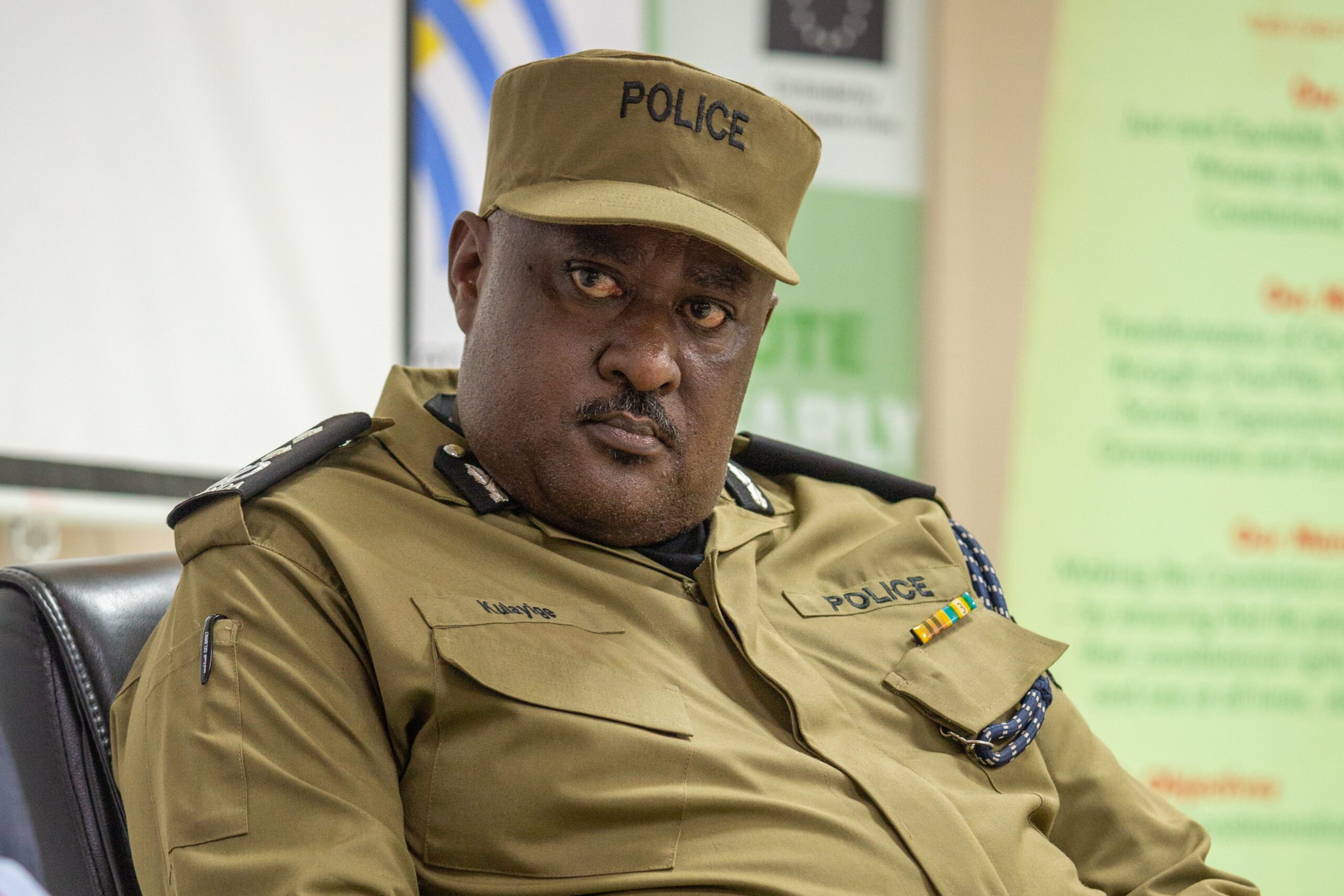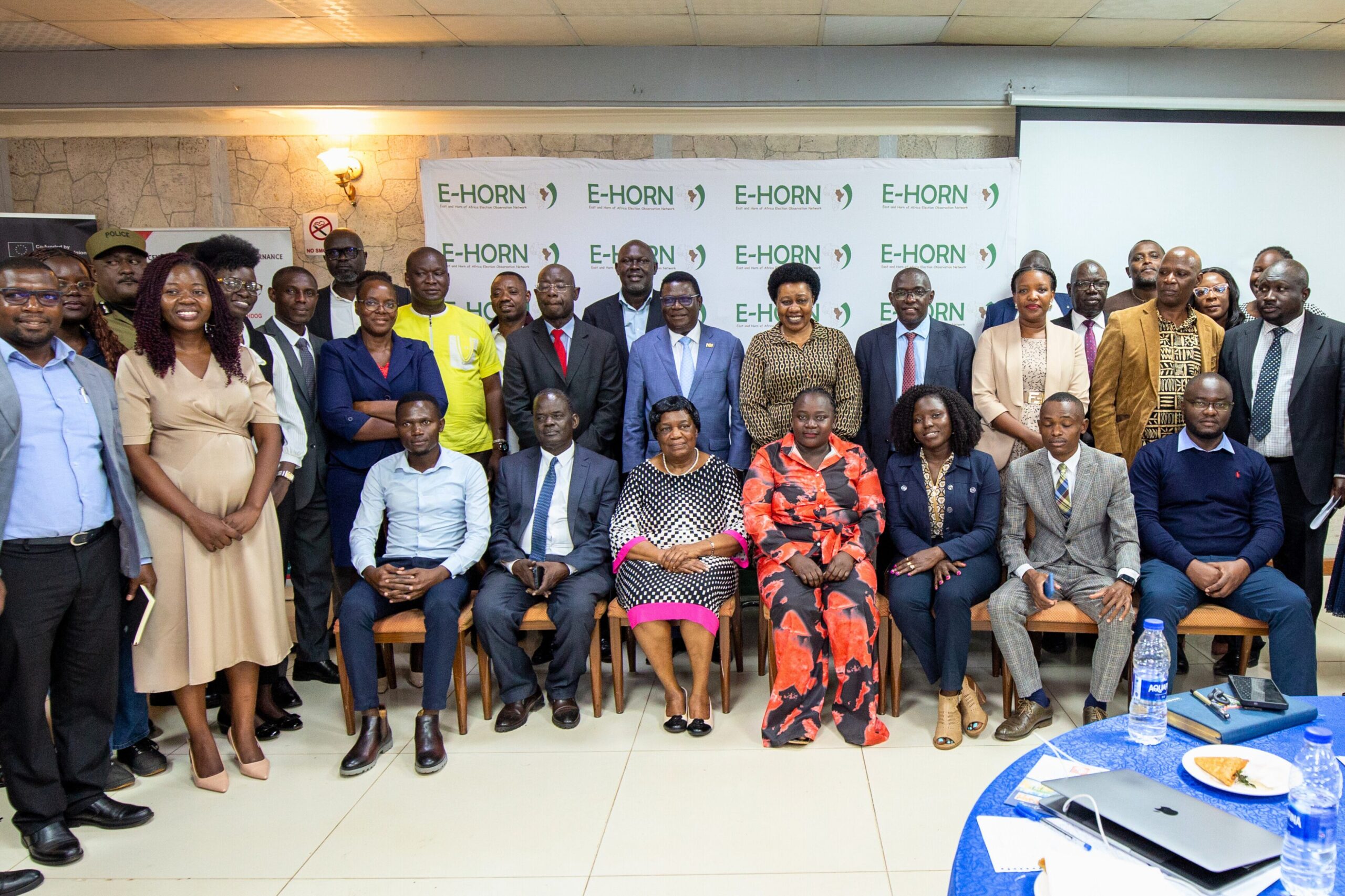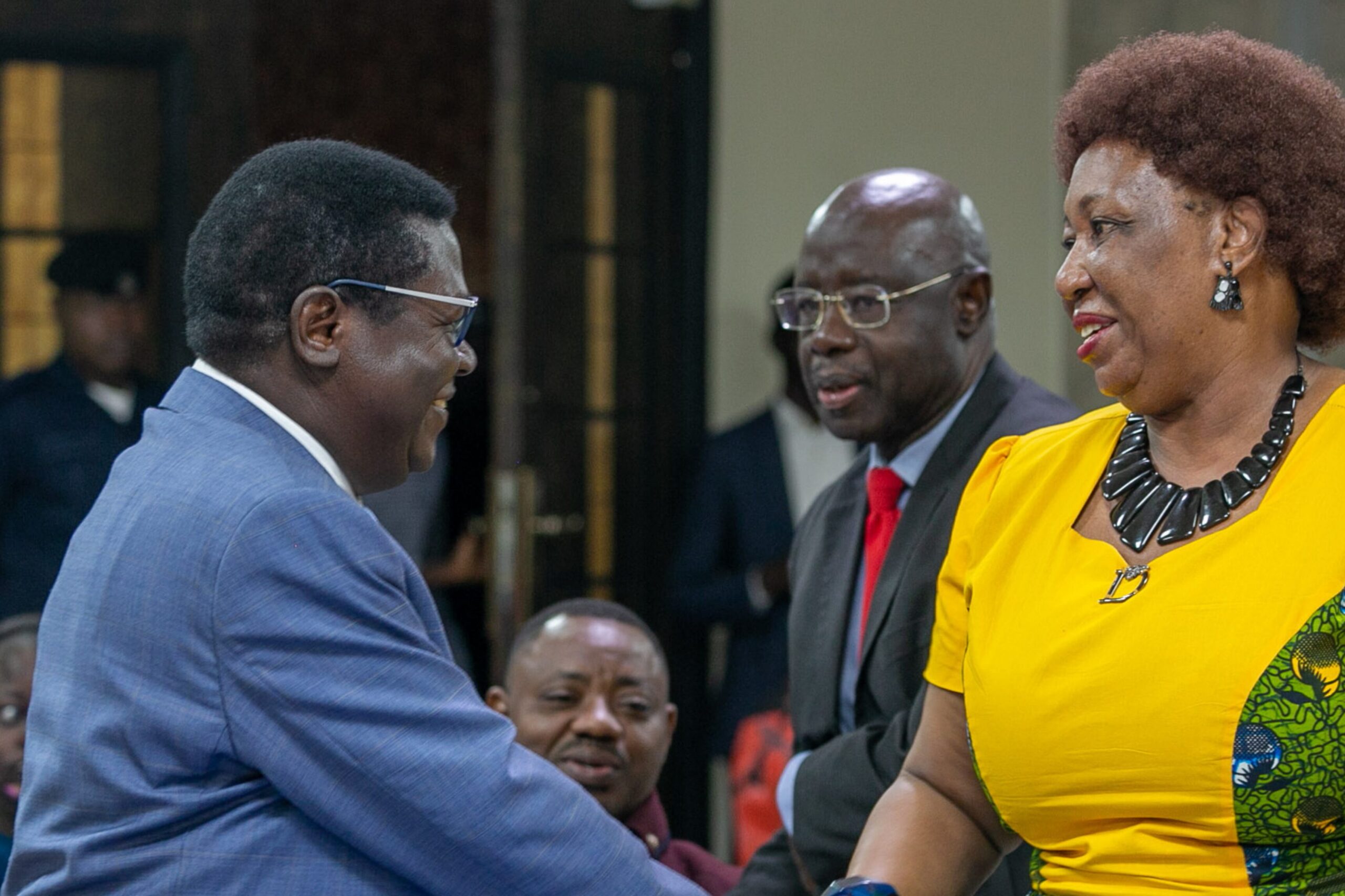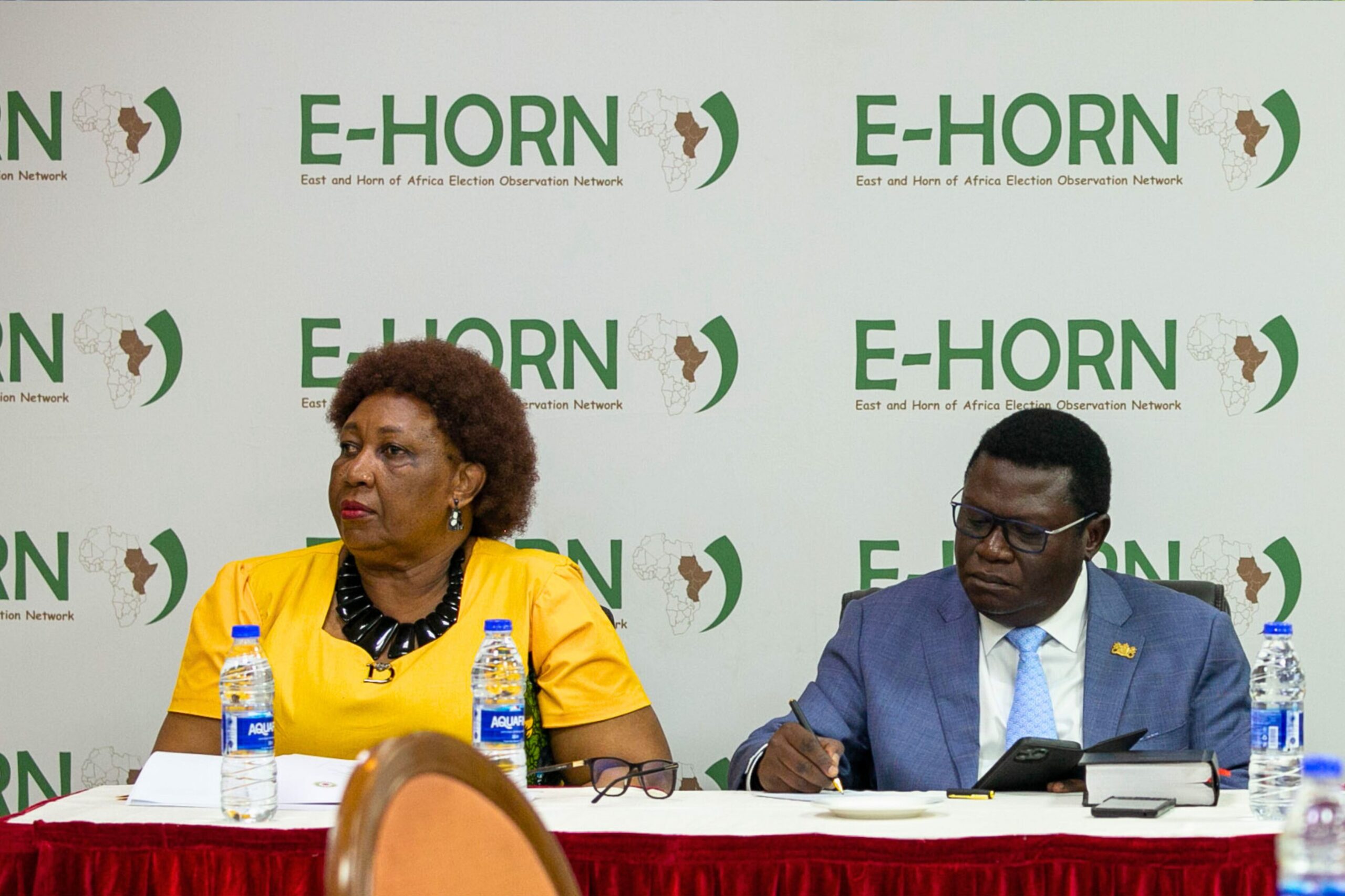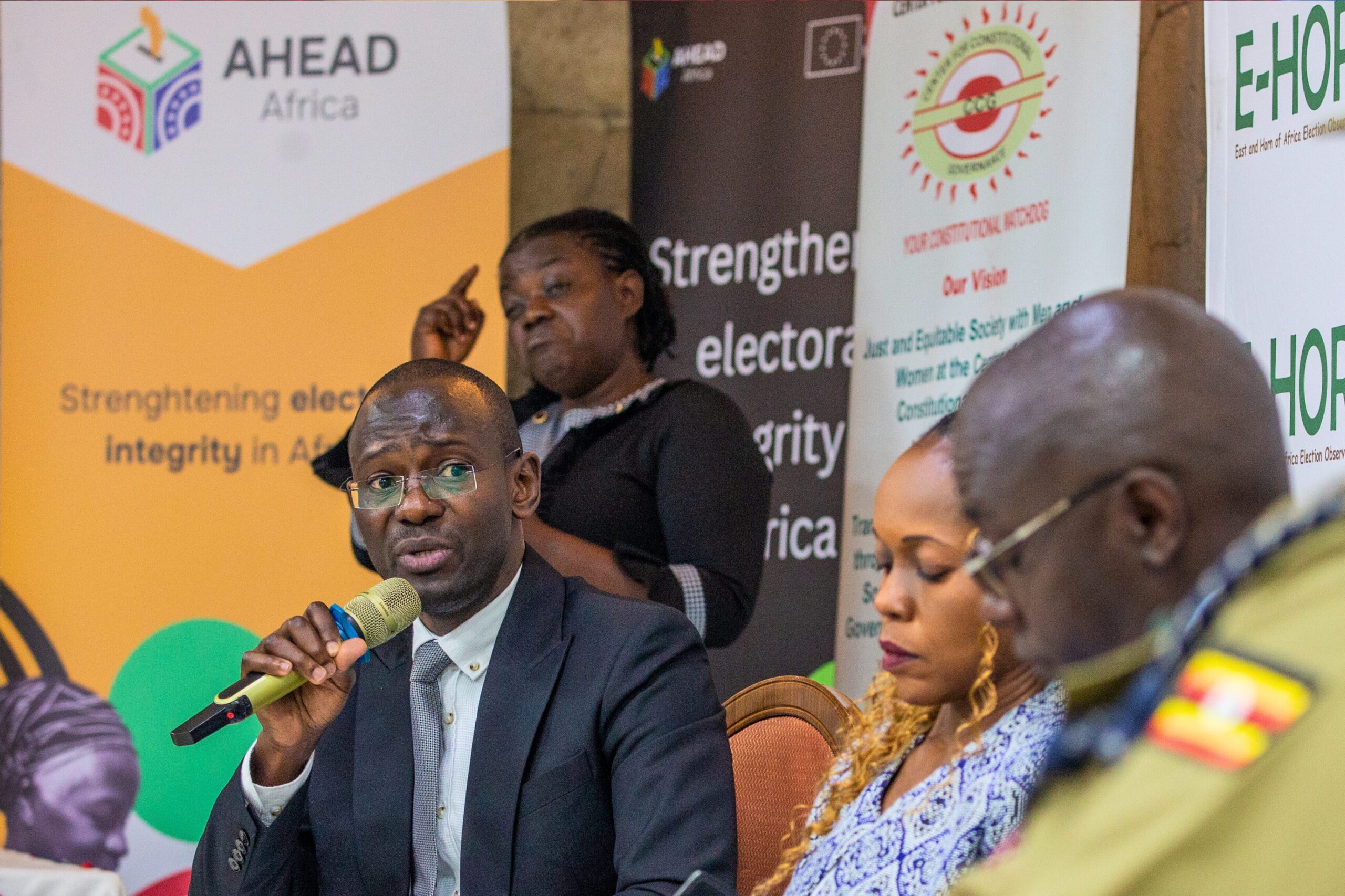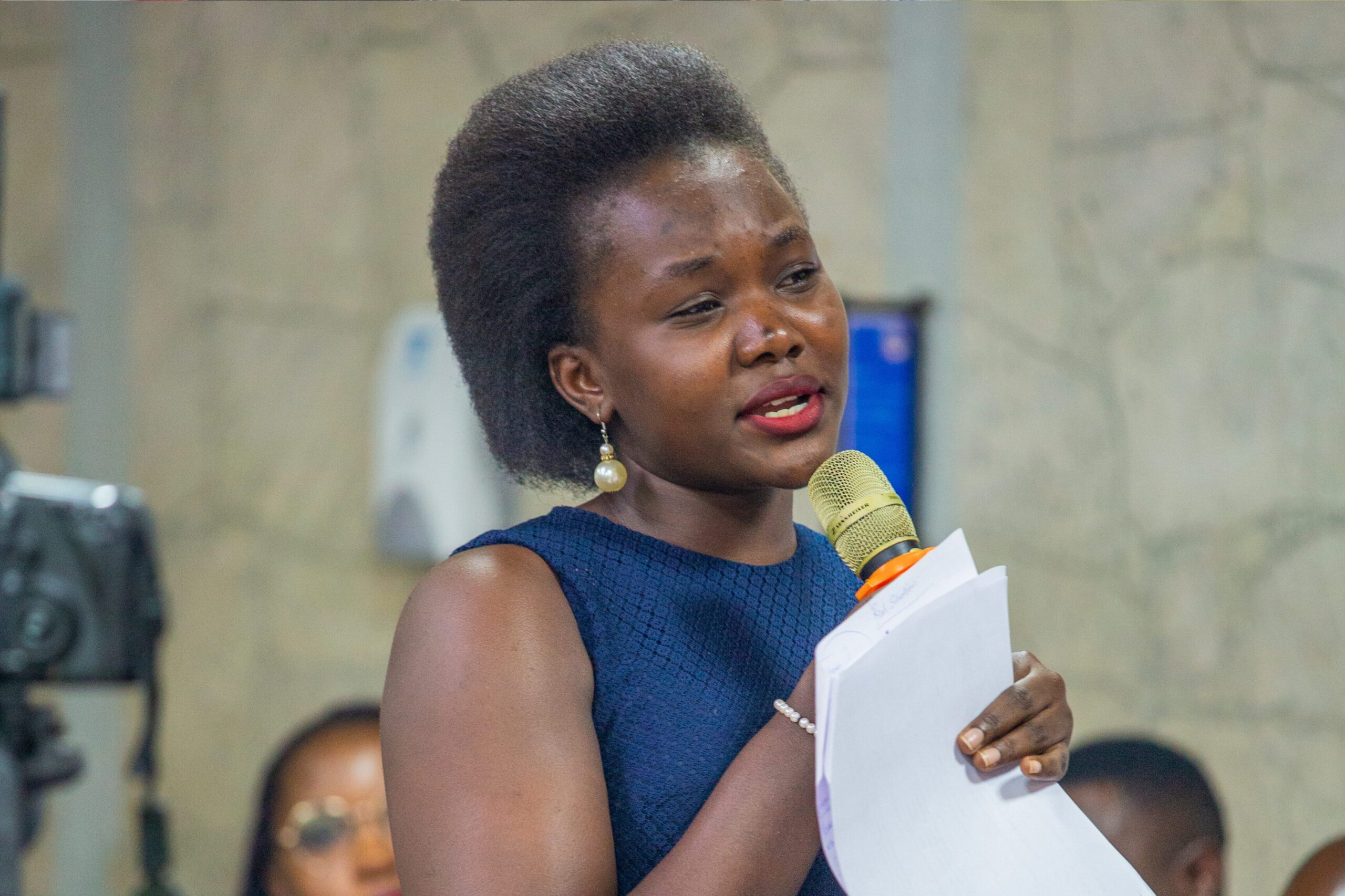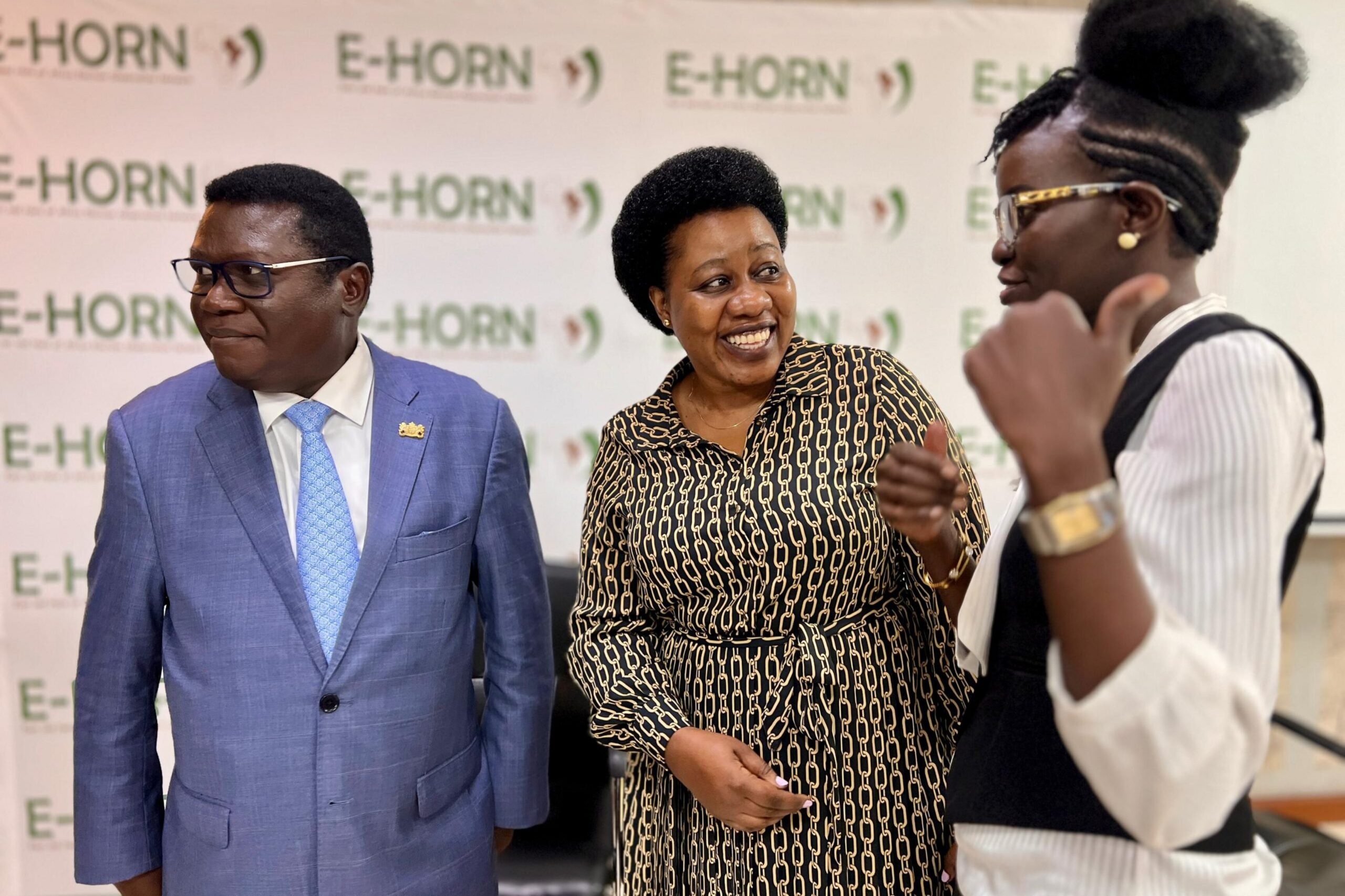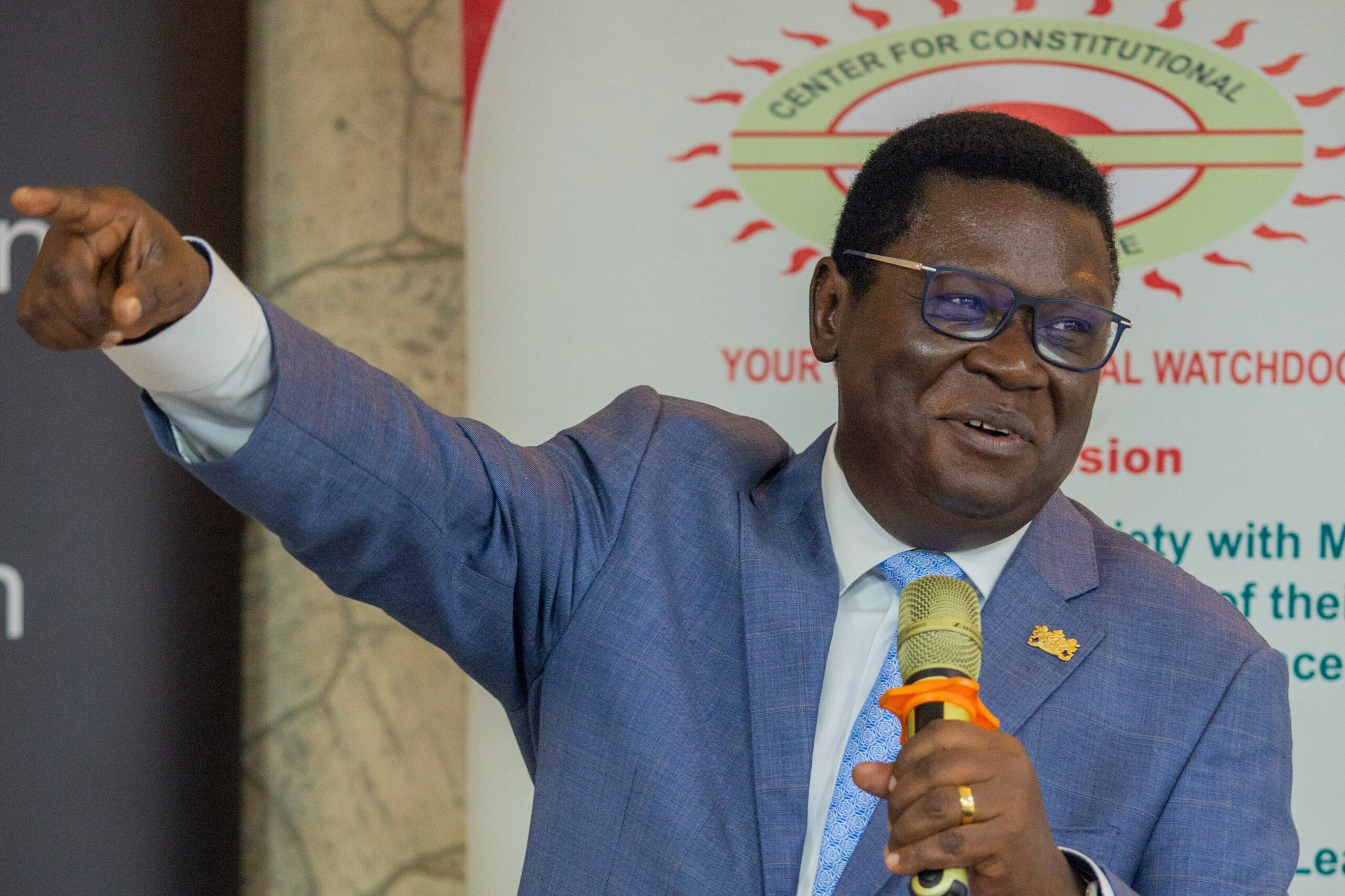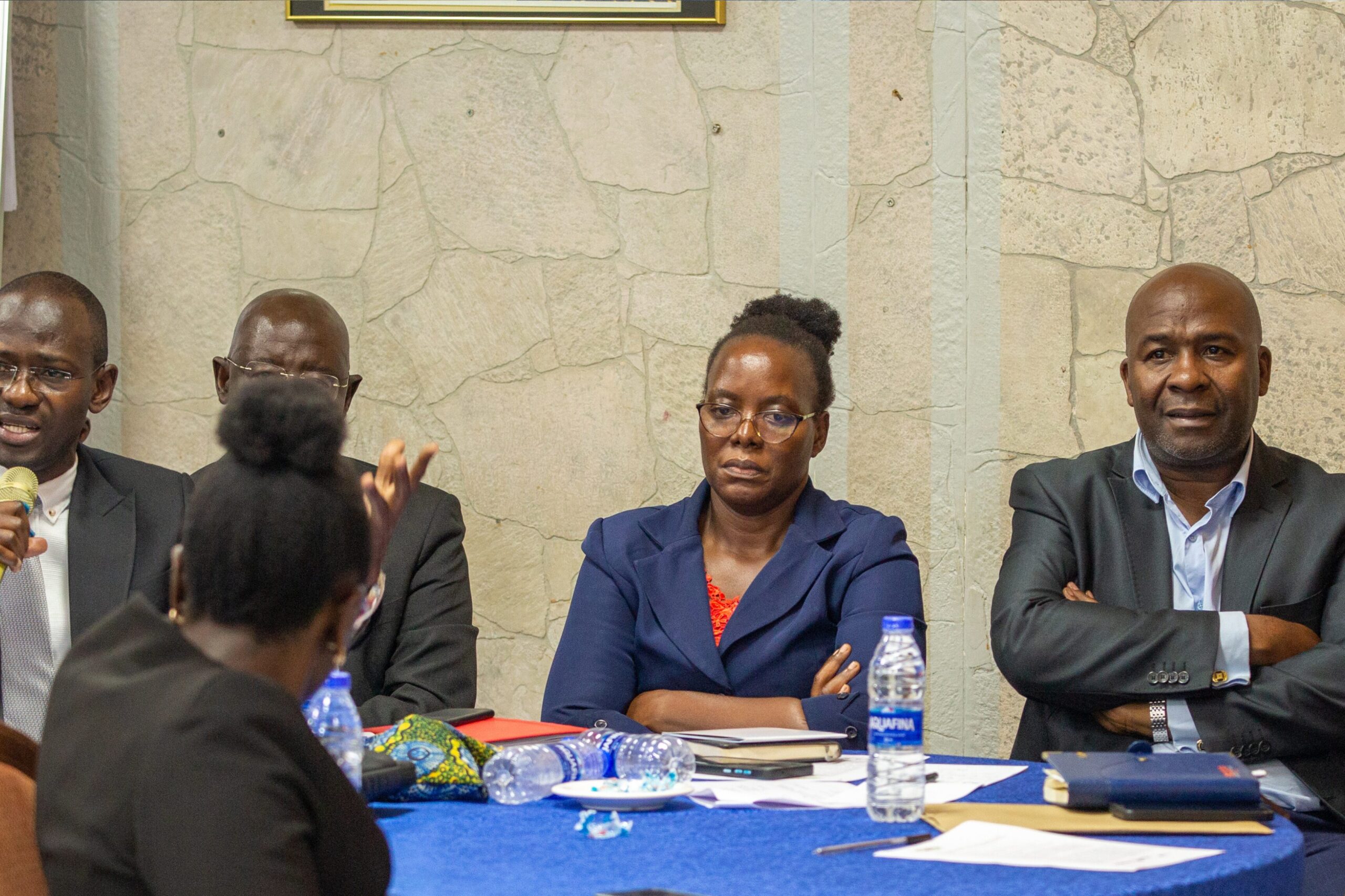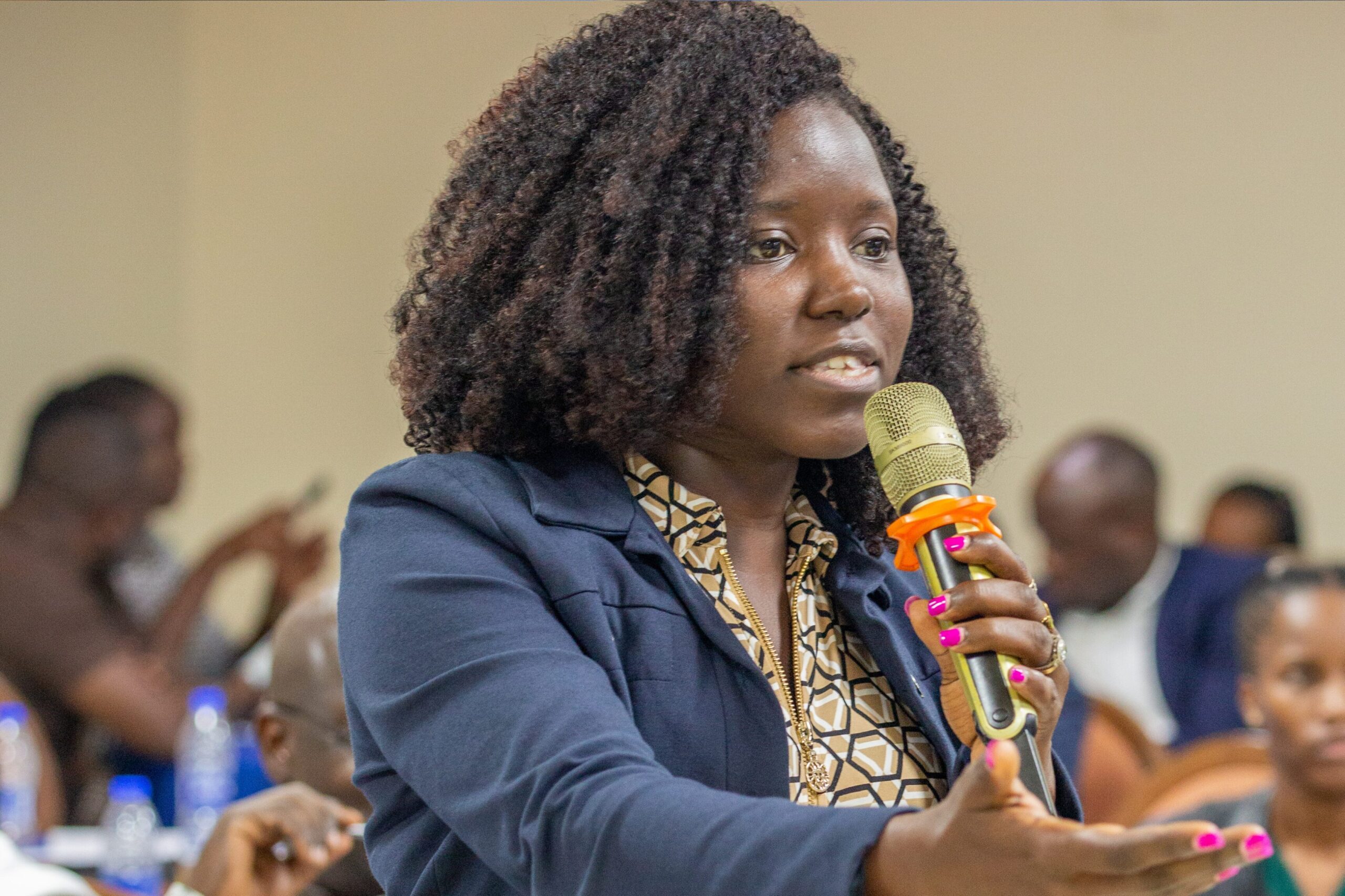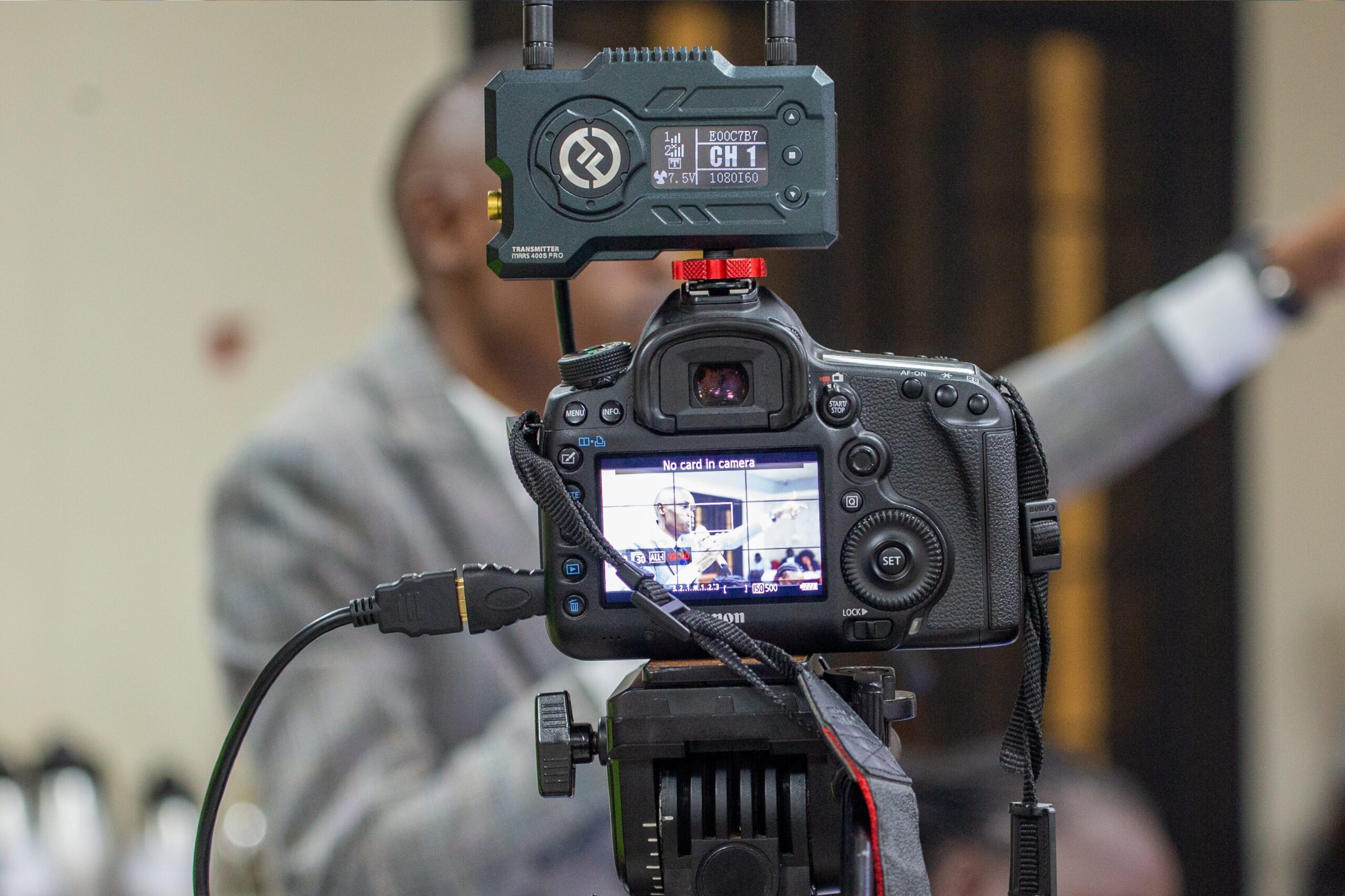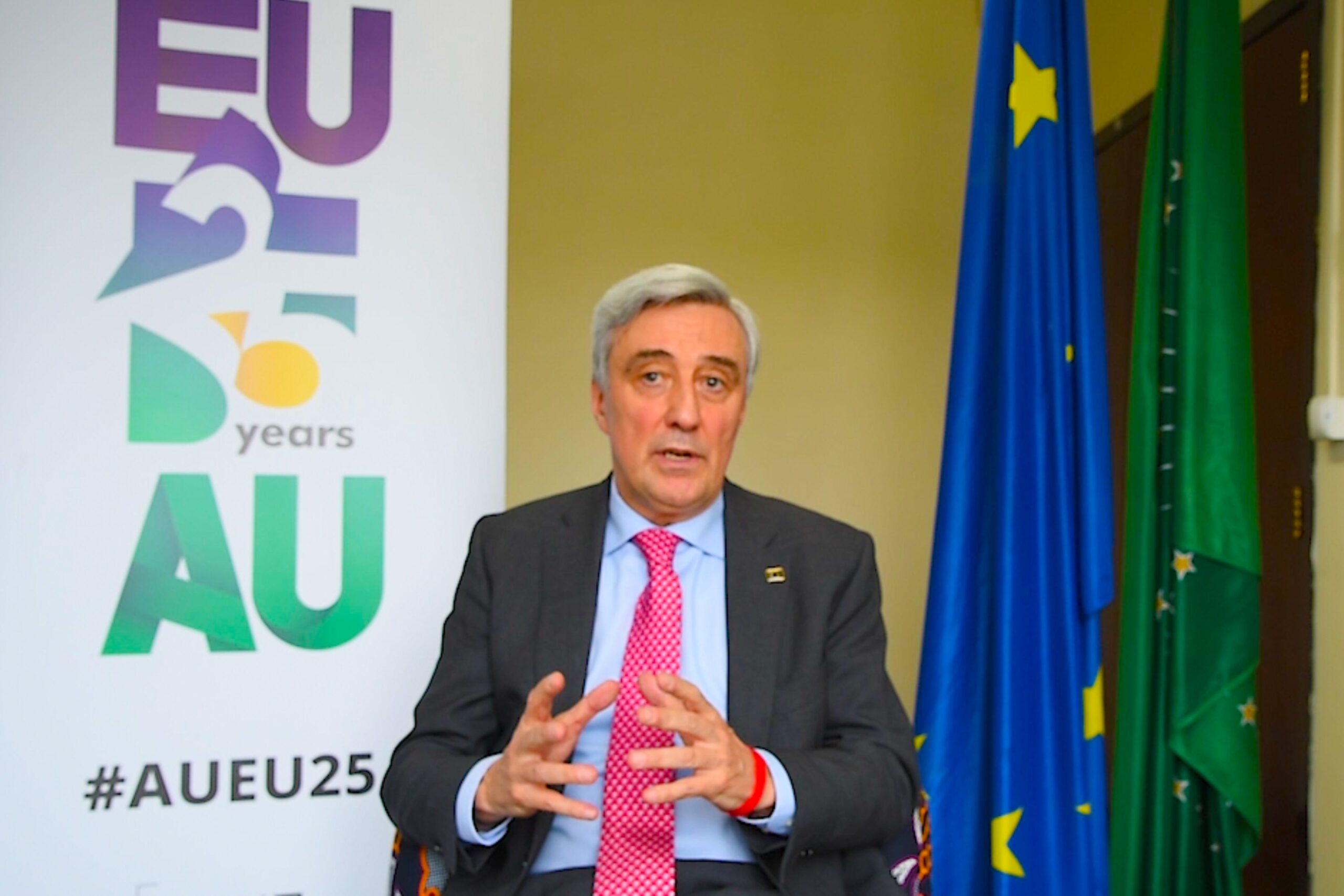With Uganda’s 2026 general elections gearing up, the country is caught between aspirations to uphold democratic values and the frictions that undermine them.
Driven by the urgent need to safeguard the power of the people, with support from AHEAD Africa, the East and Horn of Africa Election Observers Network (E-HORN) and its member the Center for Constitutional Governance (CCG)—joined by the Uganda National NGO Forum (UNNGOF) and the Alliance for Finance Monitoring (ACFIM)—united many voices from across Uganda on 3 July to co-create a roadmap for elections with integrity in 2026.
A Tense Road to 2026
What began as an exchange within the walls of Hotel Africana in Kampala quickly turned into a nationwide call for change, making front-page headlines across the country, because “the choices we make now will determine if the 2026 elections are peaceful and credible,” opened up Mariam Fauzat Wangadya, Chairperson of the Uganda Human Rights Commission (UHRC).
These choices must be guided by a clear focus on addressing the current frictions outlined by Dr. Sarah Bireete, Chairperson of E-HORN. These include the extreme commercialisation of elections and weak campaign finance regulation, selective application of the law, lack of voter education, poor regulation of electronic voting and equipment failures, restrictions on independent media and civil society, lack of transparency in result transmission, and… electoral violence.
Lessons from the Region
With only 6 months to go, the window for choices that change the course towards a hope-filled future is closing, but not shut yet. There’s still time to learn from the region’s past electoral journeys, including the hard-earned lessons from neighboring Kenya.
Recalling the violence of Kenya’s 2007 elections, where over 1,000 lives were lost, Ms. Wangadya laid out her non-negotiables for 2026: media must pursue truth over clicks; religious leaders must promote unity, not division; civil society must act as the nation’s watchdog; and the government must invest in voters, not just votes.
Drawing from Kenya’s experience as well, Victor Nyongesa, Chairperson of the Elections Observation Group (ELOG) Kenya, noted that while the Election Campaign Finance Act is a step forward in ensuring a fair level playing field, its success hinges on political will, as a similar law introduced in 2013 in Kenya has stalled due to a lack of commitment from leaders. Concerned about the growing influence of unregulated “dark money” in Uganda’s electoral processes, often linked to corruption and criminal networks, Henry Muguzi, Executive Director of the African Election Observers Network (AfEONet), called for stronger application of regulation on campaign financing, insisting, “We must move away from a politics where money decides who gets to participate in democracy.”
Ballots, not bullets
But above all, ‘‘we must all work towards peace,” urged Julius Mucunguzi, Spokesperson for Uganda Electoral Commission. That’s why police are being trained to stop para-military groups or ‘Eggali’ which have long shadowed voter freedom in rural areas, explained Hillary Kulayige, Deputy Chief Political Commissar of the Uganda Police Force. “We must avoid the police appearing as mere ‘observers’,” added Georgia Tumwesigye from Forum for Women in Democracy Uganda. However, with guns per capita rising, Hon. Norbert Mao, President of the Democratic Party, warned, “There can’t be peace without gun regulation.”
Back to Basics?
The room fell silent mid-discussion while remaining Uganda’s democratic path, Hon. Norbert Mao asked, “Where does democracy start?’’ For Crispin Kaheru, Uganda Human Rights Commission, the answer was clear: education. “Citizens turn 18 every day,” he noted, suggesting that democracy schools could already cover half the democratic journey by equipping new voters with the knowledge and confidence they need. Hon. Lyandro Komakech, former MP for Gulu Municipality, offered a different perspective. For him, democracy begins with a more equal society. He warned that “poverty has become an asset for some leaders who exploit it.”
Does moving forward mean going back to basics? Perhaps, but only if we combine foundational principles with smart technologies and give real space to on-the-ground election observers, who serve as the eyes and ears of democracy. And this means eliminating prohibitive accreditation fees, which risk undermining Article 38 of Uganda’s Constitution and citizens’ right to participate in public affairs.
Conclusion
As Dr. Sarah Bireete, Chairperson of E-HORN, wisely reminds us: elections are not emergencies to be rushed or disasters to be feared. They belong to the people, not the state. For democracy to thrive, citizens must be informed, empowered, and protected every step of the way.
Uganda Country Forum in the news
Pictures on Uganda’s Country Forum
